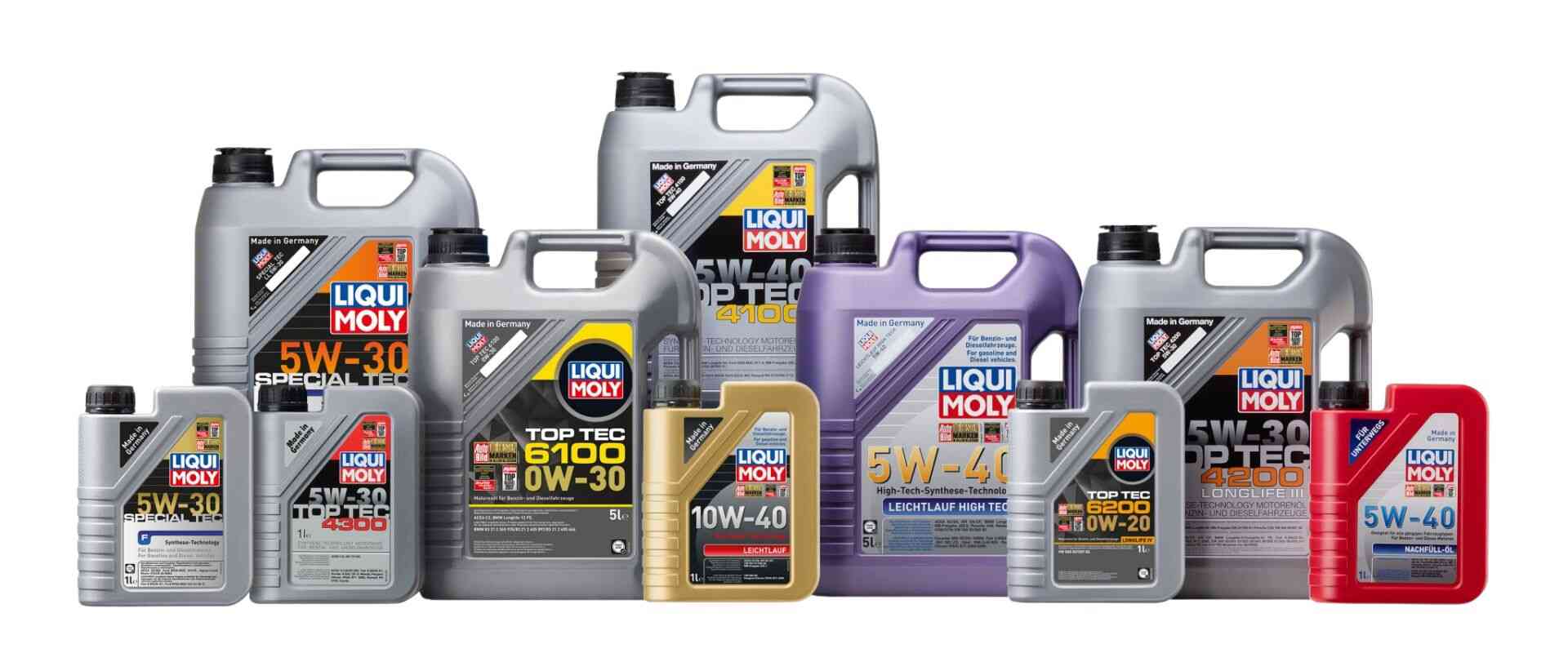
5W-30 Engine Oil: Performance, Protection, and Versatility
Engine oil is vital to the performance, protection, and longevity of internal combustion engines. One of the most commonly recommended grades today is 5W-30—a multi-season oil praised for its adaptability to varying climates and driving demands. This guide outlines its characteristics, benefits, and applications in modern vehicles.
Understanding 5W-30: Viscosity and Performance
The term 5W-30 refers to the oil's viscosity as defined by the SAE (Society of Automotive Engineers):
- “5W” stands for winter-grade performance—offering fluidity at low temperatures for easier cold starts.
- “30” refers to its high-temperature viscosity at 100°C—ensuring it stays thick enough to protect engine components under heat and stress.


Key Benefits of 5W-30 Engine Oil
- Improved Fuel Efficiency: Reduced friction inside the engine means less wasted energy and lower fuel consumption.
- Reliable Engine Protection: Despite being lightweight, 5W-30 provides strong film strength for wear protection under high load and heat.
- Environmental Compliance: Low-SAPS formulations support reduced emissions and help meet global eco-standards.
Applications and Manufacturer Approvals
5W-30 engine oil is ideal for a wide range of engines, including:
- Passenger cars and light-duty trucks
- Vehicles with turbochargers or direct injection
- Start-stop systems and fuel-saving technologies
It is compatible with cold-to-moderate climates and meets standards like:
- API SN, SP
- ACEA C2, C3, A5/B5
- OEM approvals from BMW, Mercedes-Benz, Ford, and Volkswagen

Conclusion
5W-30 engine oil offers the perfect balance between fuel economy, engine protection, and temperature adaptability. Its broad compatibility and OEM certifications make it a smart choice for most modern vehicles. For optimal results, always choose a premium 5W-30 formulation that matches your vehicle's technical requirements.
Source: HARO / MID

 +971 50 443 1871
+971 50 443 1871


